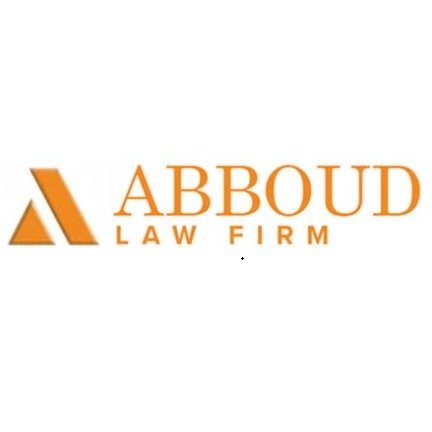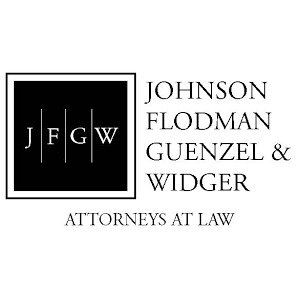Best Car Accident Lawyers in Lincoln
Share your needs with us, get contacted by law firms.
Free. Takes 2 min.
List of the best lawyers in Lincoln, United States
About Car Accident Law in Lincoln, United States
The law regarding car accidents in Lincoln, United States, is primarily based on the principles of negligence, which require all drivers to behave in a manner that does not endanger others. If you're in a car accident in Lincoln, the law may entitle you to compensation for your injuries and property damage if you can prove that the other driver was negligent or irresponsible.
Why You May Need a Lawyer
Getting a lawyer can be a critical factor to claim insurance or lawsuit post-car accident. They can help establish the negligence of the other party involved, calculate precise damages, and negotiate with insurance companies, ensuring you receive the maximum compensation you're entitled to. Additionally, having a lawyer is beneficial if you're falsely accused of being responsible for the accident. They can defend you against such claims.
Local Laws Overview
In Lincoln, you must report any car accident that results in personal injury, death, or property damage exceeding $1,000 to the local police. Nebraska, of which Lincoln is the capital, follows the “at-fault” system, implying that the person responsible for the accident must compensate the injured parties. The state also has a contributory negligence law, which states that if you are partially responsible for the accident, your compensation might be reduced proportionally.
Frequently Asked Questions
1. What should I do immediately after a car accident?
You should seek immediate medical treatment, report the accident to the police, document the scene, and collect contact and insurance details from all parties involved.
2. How much time do I have to file a lawsuit after a car accident?
In Nebraska, you have up to four years from the date of the accident to file a personal injury lawsuit and up to two years for a wrongful death claim.
3. What if I share some fault in the accident?
The principle of comparative negligence is followed in Nebraska, meaning your compensation will be reduced in proportion to your share of the fault. However, if your fault is more than 50%, you may not be able to recover any damages.
4. How much can I claim for my accident?
The claim amount depends on the extent of your physical injuries, medical expenses, loss of income, property damage, and emotional suffering.
5. How can a lawyer help me?
A lawyer can help assess your situation, gather necessary evidence, represent you during negotiations with insurance companies, and take your case to court if necessary. They strive to procure maximum compensation for you.
Additional Resources
For additional information, you may refer to the Nebraska Department of Roads for accident reports or the Nebraska Department of Insurance for dealing with insurance claims. Additionally, Nebraska State Bar Association can provide guidance to find legal assistance.
Next Steps
If you need legal assistance, first collect all necessary documents such as medical reports, police reports, and evidence related to the accident. Consult a competent car accident lawyer who can guide you through the legal process. Ensure to meet your lawyer at the earliest to avoid missing out on the statutory deadline for filing the lawsuit.
Lawzana helps you find the best lawyers and law firms in Lincoln through a curated and pre-screened list of qualified legal professionals. Our platform offers rankings and detailed profiles of attorneys and law firms, allowing you to compare based on practice areas, including Car Accident, experience, and client feedback.
Each profile includes a description of the firm's areas of practice, client reviews, team members and partners, year of establishment, spoken languages, office locations, contact information, social media presence, and any published articles or resources. Most firms on our platform speak English and are experienced in both local and international legal matters.
Get a quote from top-rated law firms in Lincoln, United States — quickly, securely, and without unnecessary hassle.
Disclaimer:
The information provided on this page is for general informational purposes only and does not constitute legal advice. While we strive to ensure the accuracy and relevance of the content, legal information may change over time, and interpretations of the law can vary. You should always consult with a qualified legal professional for advice specific to your situation.
We disclaim all liability for actions taken or not taken based on the content of this page. If you believe any information is incorrect or outdated, please contact us, and we will review and update it where appropriate.









